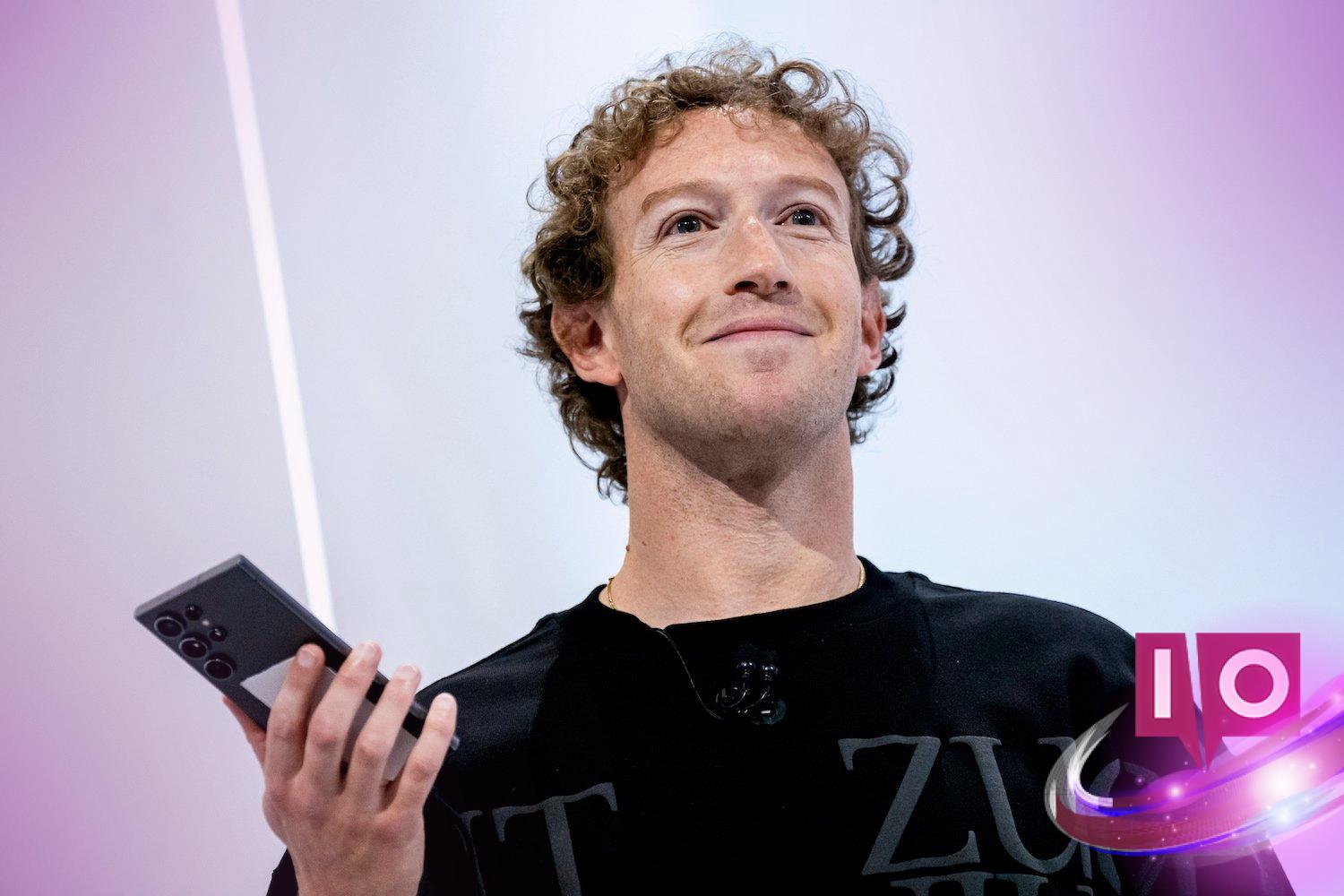Have you ever wondered what it would take to work alongside Mark Zuckerberg? While many tech professionals might be tempted by hefty paychecks, a recent report suggests that not even millions would suffice for some who have joined Meta’s AI team. A Financial Times article reveals troubling insights: new hires are reportedly leaving shortly after onboarding due to the chaotic atmosphere at the Meta AI lab.
Shengjia Zhao, Meta’s chief AI scientist and former OpenAI employee, illustrates this reality. After just a few days at Meta, Zhao began to prepare his exit, even signing paperwork to return to OpenAI. It seems he only secured his high-ranking title after Meta rushed to offer it, highlighting the questionable stability at the company. This brings into question whether Silicon Valley truly operates as a meritocracy.
Zhao is not alone; several other notable hires have also fled. Wired recently reported that ex-OpenAI staff Ethan Knight and Avi Verma, along with Google DeepMind alum Rishabh Agarwal, resigned within months of joining. Additionally, over two dozen long-time employees have departed in recent weeks, indicating a deeper malaise within the organization.
The instability at Meta is difficult to ignore. The company has implemented multiple reorganizations—now in its fourth major restructuring within six months. In an effort to catch up with rivals like OpenAI and Anthropic, Meta has offered astronomical compensation packages to top talents. But despite these financial resources, Meta’s ambitions remain hindered, as founder Zuckerberg seemingly overlooked the rapid advancements in AI technology while he was focused on the metaverse.
Compounding the issue is the presence of Alexandr Wang, the former CEO of Scale AI, who took on the role of Chief AI Officer at Meta after Zuck invested $15 billion to acquire Scale’s talent and technology. Reports suggest that Wang’s combative personality is at odds with both Zuckerberg and employees, exacerbating the discontent within the AI lab.
Ultimately, while Meta boasts significant financial resources to attract top-tier professionals, it cannot buy a cohesive work culture or effective leadership. In the competitive world of AI development, the need for a positive and supportive environment is as crucial as financial backing.
What are some reasons why employees are leaving Meta so quickly? The chaotic restructuring and poor leadership seem to be pushing away top talent, despite the impressive pay offered.
How is Meta trying to catch up with competitors like OpenAI? The company has implemented multiple reorganizations and offered massive pay packages to attract leading experts in the industry.
What challenges is the AI team facing at Meta? They are navigating significant internal instability and leadership issues, further complicating their efforts to innovate.
Why have long-time employees decided to leave Meta? Many veterans are dissatisfied with the chaotic work environment, prompting them to seek more stable opportunities elsewhere.
If you’re intrigued by the evolving landscape of tech companies, especially in AI, there’s plenty more to explore. Check out Moyens I/O for more insights and updates!
